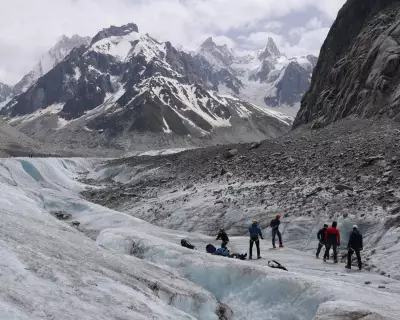
In a twist that could rewrite timekeeping as we know it, scientists reveal Earth's rotation is mysteriously speeding up – potentially forcing global clocks to subtract a second by 2029.
The Ticking Time Bomb in Our Clocks
Decades of adding "leap seconds" to atomic clocks to compensate for Earth's slowing spin may soon reverse. New research suggests melting polar ice caps are redistributing mass, causing our planet to spin faster like a figure skater pulling in their arms.
Why 2026 Could Change Everything
While the change seems minuscule (just milliseconds per day), the cumulative effect means:
- Global timekeeping systems may need their first-ever negative leap second
- Critical infrastructure like GPS and financial systems could face disruptions
- 2026 marks the earliest potential need for adjustment
Climate Change's Unexpected Time Warp
The study in Nature highlights an ironic twist: human-caused climate change, by melting ice masses at the poles, is accelerating Earth's rotation even as it causes other environmental crises.
"We're entering uncharted territory in time measurement," warns lead researcher Duncan Agnew. The last time Earth spun this fast was when dinosaurs still roamed the planet.





